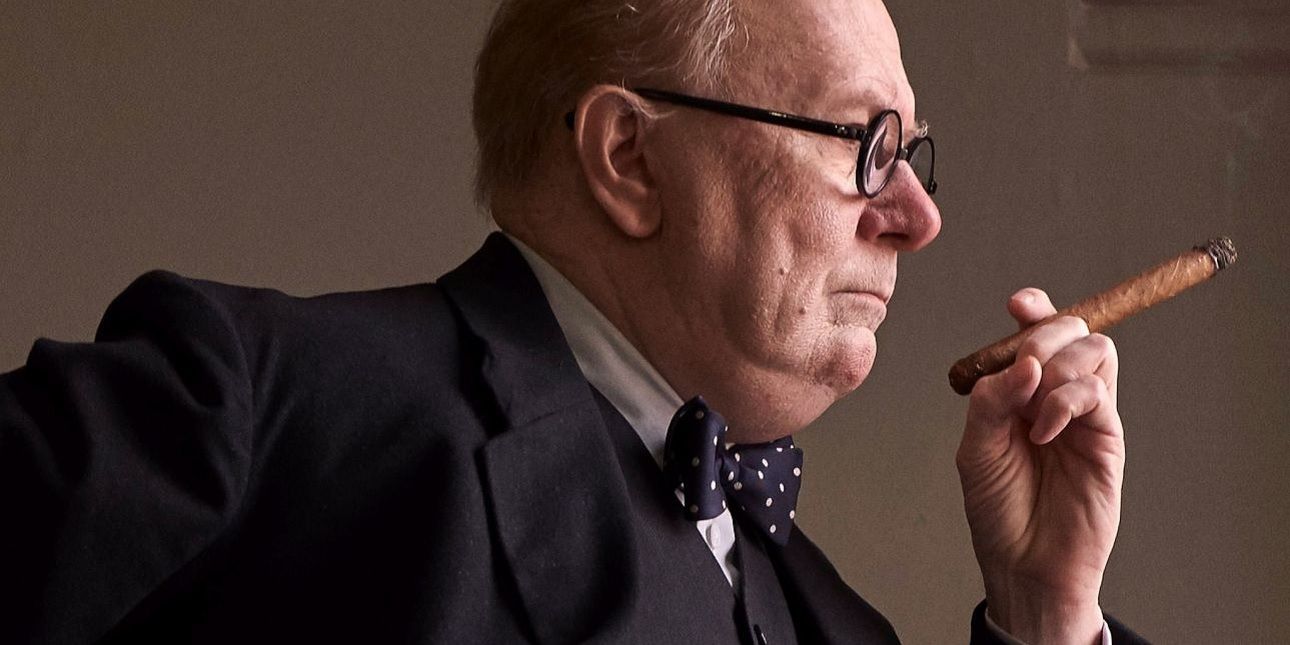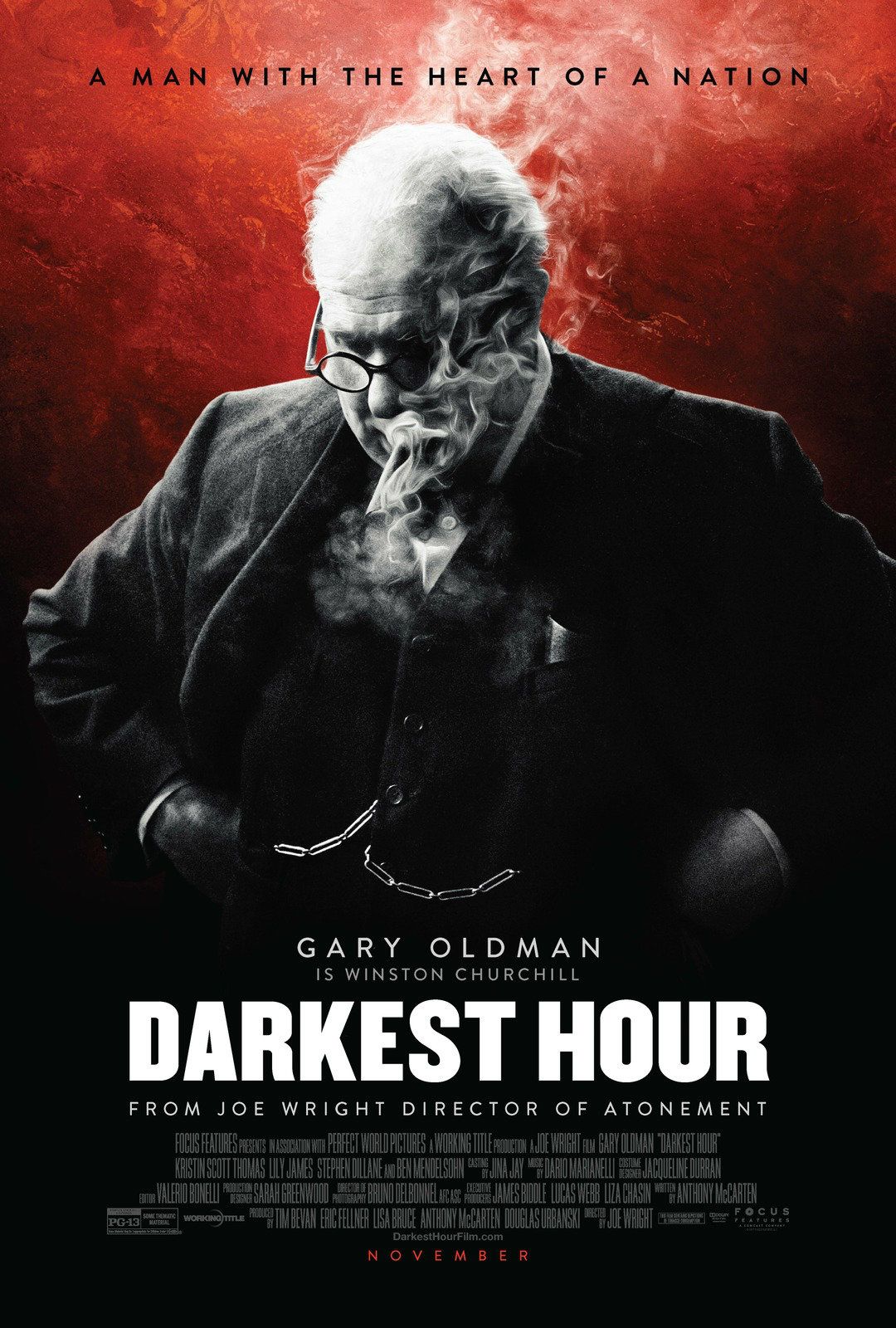Joe Wright is an English film director. He’s most known for the 2005 adaptation of Pride & Prejudice, Atonement, and the Peter Pan origin story Pan. His next project is the political drama Darkest Hour, which focuses on Winston Churchill’s earlier days in power prior to Hitler moving in on Britain during World War II. Gary Oldman has made a name for himself as an actor, having become known for his on-screen diversity and acting style. He’s become associated with many roles such as James Gordon in The Dark Knight trilogy and Sirius Black in the Harry Potter movie series. Now he is portraying Winston Churchill in Joe Wright’s Darkest Hour, which is now playing in theaters.
Screen Rant got a chance to talk to Joe Wright and Gary Oldman on press day, where we discussed how Darkest Hour is relevant to today’s world politics, how Gary Oldman utilized the prosthetics to help build his portrayal of Winston Churchill, and what Joe Wright wants the audience to take from the film.
SR: There's a lot of movies coming out right now that are about twentieth-century political figures. I was curious to know what do you think this film means to the state of world politics right now currently?
Joe Wright: Well, you know, when we started work on the movie, when I started work on the movie back in January 2016, the world was a very different place and the film had no topicality at all really. Then, as we went into production events unfolded and we find ourselves now in a very different world, and the film seems to have kind of keyed into some of the debates that are happening about leadership, and what great leadership looks like. It's a film about words, and the inspirational power of words, and how words can change history. I guess that Churchill is an inspiration to me, and hopefully to others, to think carefully about what we say and how we say it.
SR: Gary, you get completely lost this role. I didn't even recognize you. You don't shy away from prosthetics whatsoever. How does that help you build the character?
Gary Oldman: Well, with something like this I mean it is vital. I, we went the way we did because I felt that it was, first of all, I didn't really want to mess with my health and we didn't have the time. It wasn't as it was in the situation where I could sort of go away and put, you know, gain sixty pounds and then come back. So we always knew that, you know, in casting me, that the physicality was it was an issue and we would have to go that route. I like to think that it's not solely the performance because the characterization of Churchill has to be there to come through. But it certainly helps when you're playing a historical figure like this to, you know, to look in the make-up mirror and have at least the spirit, the essence of the man looking back at you. I've done a lot of prosthetic work. I can't say I'm always happy about it. But for the right thing.
SR: It works.
Gary Oldman: Yeah.
SR: Dunkirk was a huge success earlier this summer and it was a very visceral experience where this is a lot more cerebral. What are you hoping that audience get out of this version of it? This is the other side of the coin.
Joe Wright: I hope the film is cerebral but I also hope it's emotional. We wanted to tell a very personal and emotional story about this character who changed the course of world events. And so, yes, I hope people come away with a sense of empowerment and a sense of, a sense of a love of humanity, and a belief in great leadership.
MORE: Our Darkest Hour Interview With Ben Mendelsohn


